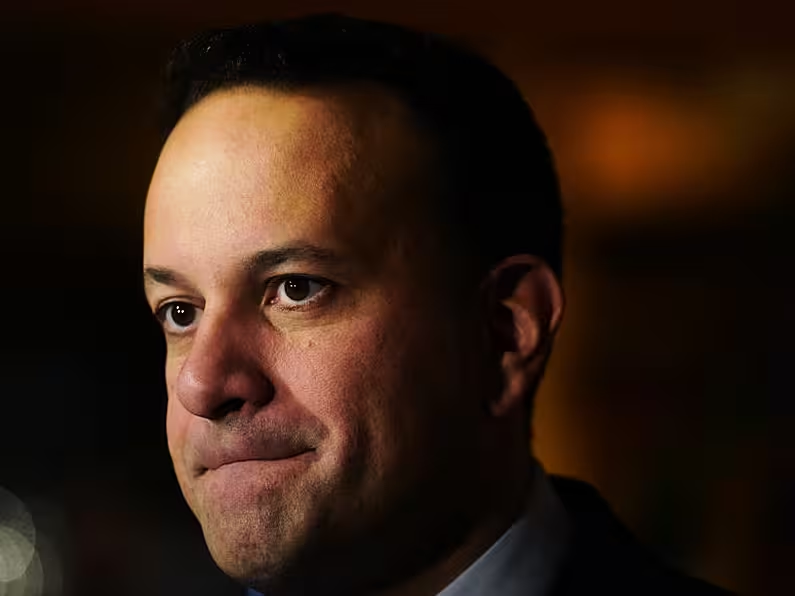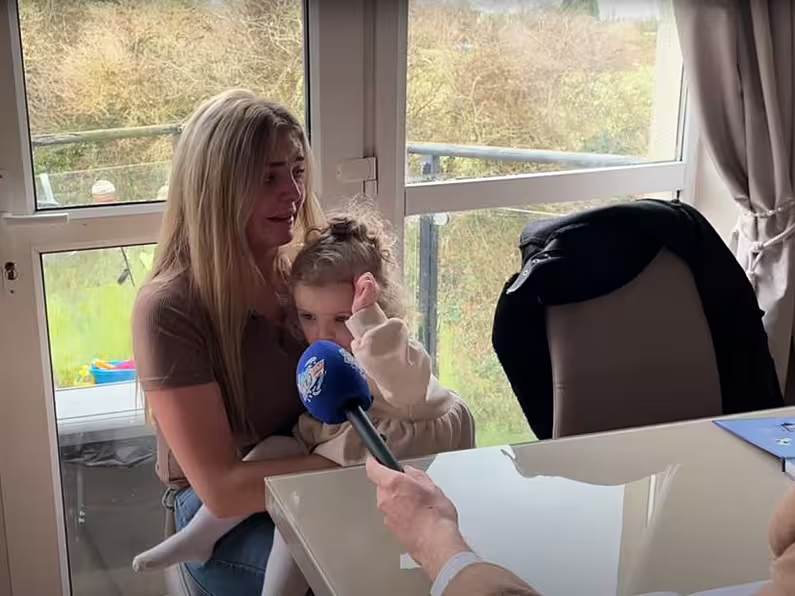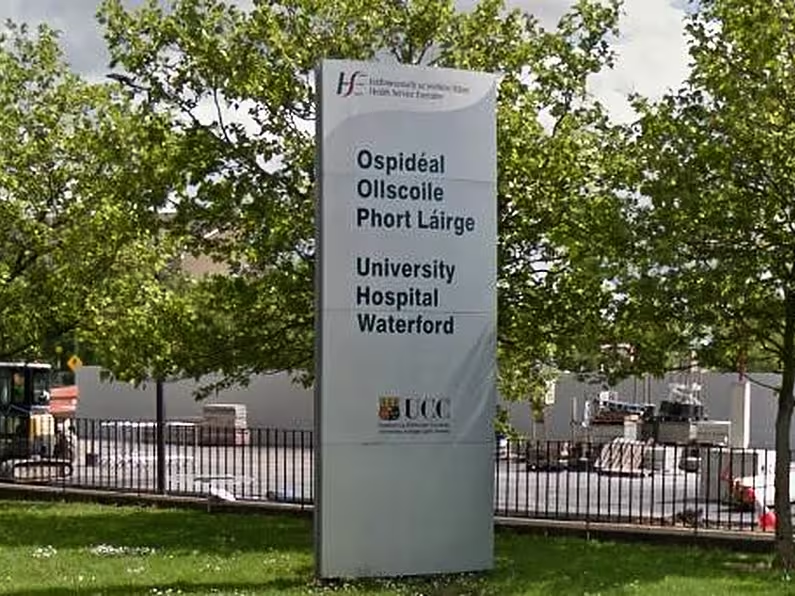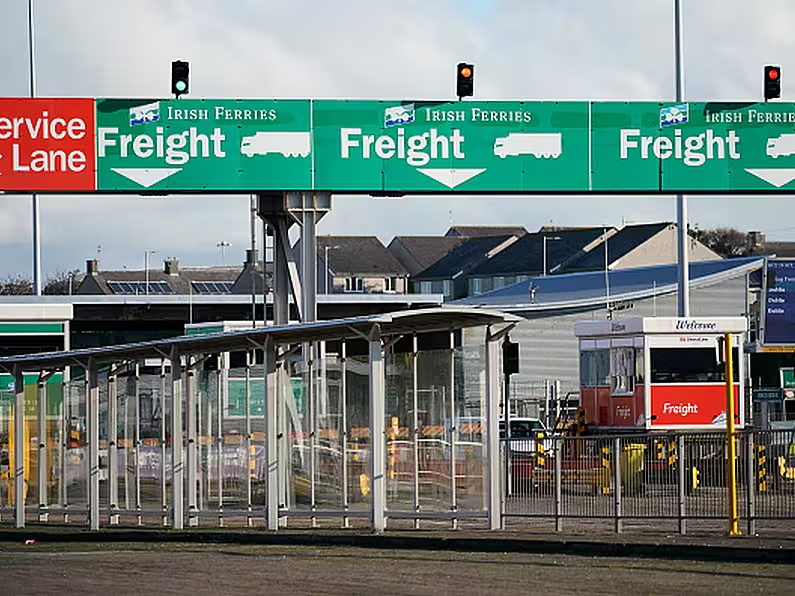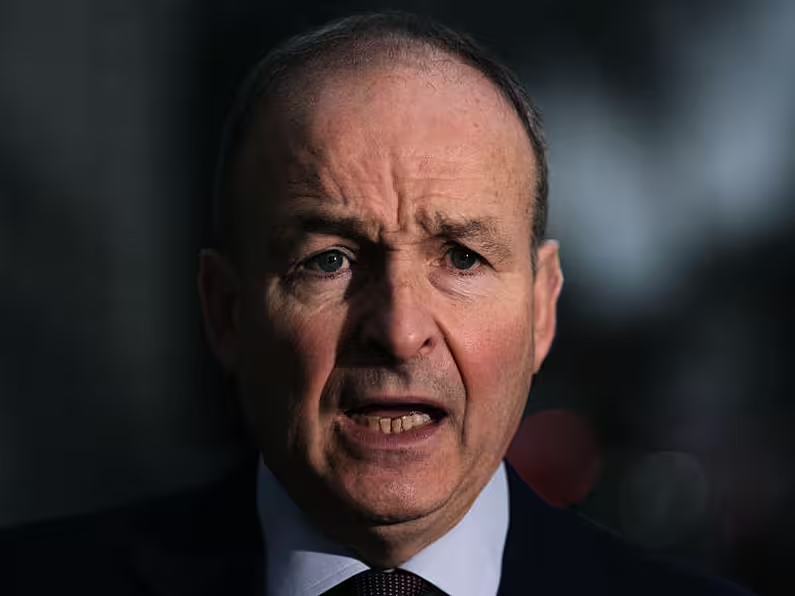By Michelle Devane, PA
An inquiry into the handling of the Covid-19 pandemic should not be about “pointing fingers” or “ascribing blame”, the Taoiseach has said.
Leo Varadkar also said he wants an inquiry into the response to the virus “up and running” this year.
The Fine Gael leader added that he was conscious that the pandemic is not over and that many of the people who are battling the virus would be the people being asked to give evidence.
Last year then Taoiseach Micheál Martin said an inquiry would be a comprehensive evaluation, so the country would be ready for any further pandemics, but it would not involve health chiefs being called as witnesses.
“It’s not going to be about pointing fingers or ascribing blame,” Mr Varadkar said.
“It’s going to be about getting to the truths, understanding what happened. What we did well, what we did badly, what could have been done better, because we can’t assume that this is going to be the last major pandemic in our lifetime.
“In fact, there’s a good chance that in our lifetime, you will experience another very serious pandemic, and we need to be prepared for that, and that will be the purpose of the thinking behind the inquiry.
“I’d hope to have that established some time in 2023.”
The Dublin West TD also said he is conscious that the pandemic is not over and that “a lot of the people who are on the front line dealing with the trouble in our health service at the moment are the same people who we would be asking to come before inquiries and take time out to prepare for their testimony”.
“I have to bear that in mind too. But certainly, the expectation is that we would have that inquiry up and running during the course of 2023,” he added.
The Taoiseach said preparatory work completed by an expert group of academics has been completed, and it is being considered by Health Minister Stephen Donnelly.
Mr Varadkar said work is also under way to phase out private medical practice from public hospitals and the Government would be putting a contract on the table in the coming weeks.
“We think it’s a very good contract,” he said. “It provides for a significant increase in pay for consultants. And what we want in return is the phasing out of private practice and public hospitals.
“We think it’s OK for consultants to do private practice off site. But we don’t want private practice in our public hospitals any more.”
He said it would free up a lot of capacity within the public hospitals.
“That is a big change. It’s at the heart of the reforms and Sláintecare, it’s long overdue. And I’m very keen to see that happen,” he said.
“Hopefully we’ll be in a position to offer that contract the next couple of weeks and I hope that a lot of consultants will take the opportunity – those coming in for the first time will come in as public only consultants and those who currently have other contracts, will accept that it is a fundamental change.”
Mr Varadkar said it was “not right” the way the public health service is structured at present.
“It is not normal,” he added. “Lots of countries have mixed systems but not in the way that we do.
“We want to make sure that our public hospitals are for all patients, that all patients are treated the same and our public hospitals are based on their need, not on their insurance status.
“And yes, if people want to have private insurance, that’s their choice. If doctors want to do private practice, that is their choice. But that won’t be happening in our public system. And I’d be really disappointed if 2023 wasn’t year one, or at least year zero in terms of making that happen.”



